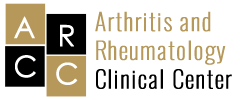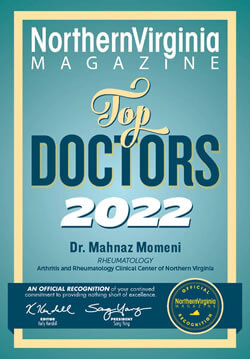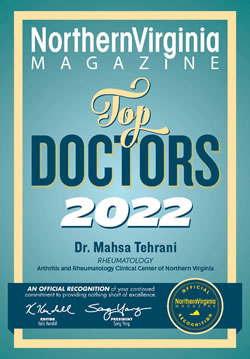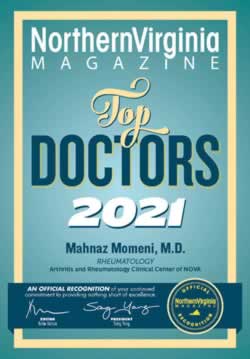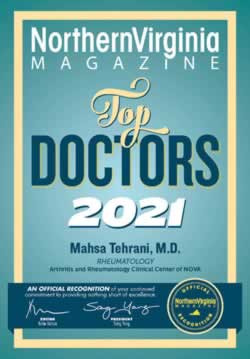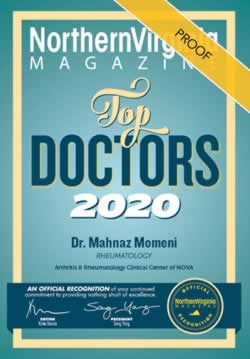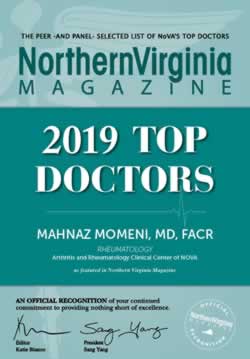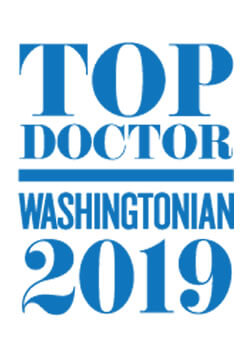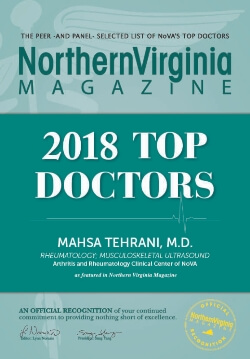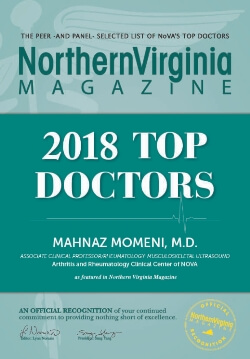Behcet’s Syndrome
Behcet’s disease is a rare disorder that causes blood vessel inflammation throughout your body.
The disease can lead to numerous signs and symptoms that can seem unrelated at first. They can include mouth sores, eye inflammation, skin rashes and lesions, and genital sores.
Treatment involves medications to reduce the signs and symptoms of Behcet’s disease and to prevent serious complications.
Symptoms for Behcet’s Syndrome
- Mouth. Painful mouth sores that look similar to canker sores are the most common sign of Behcet’s disease. The sores usually heal in one to three weeks, though they do recur.
- Skin. Some people develop acnelike sores on their bodies
- Genitals. Red, open sores can occur on the scrotum or the vulva. The sores are usually painful and can leave scars.
- Eyes. Inflammation in the eye causes redness, pain and blurred vision, typically in both eyes.
- Joints. Joint swelling and pain often affect the knees in people with Behcet’s disease. The ankles, elbows or wrists also might be involved.
- Blood vessels. Inflammation in veins and arteries can cause redness, pain, and swelling in the arms or legs when a blood clot results. Inflammation in the large arteries can lead to complications, such as aneurysms and narrowing or blockage of the vessel.
- Digestive system. A variety of signs and symptoms including abdominal pain, diarrhea and bleeding, mimics crohn’s disease.
- Brain. Inflammation in the brain and nervous system can cause headache, fever, disorientation, poor balance or stroke.
Treatment for Behcet’s Syndrome
There’s no cure for Behcet’s disease. If you have a mild form, your doctor might suggest medications to control the pain and inflammation of flares. You might not need medication between flares.
For more-severe signs and symptoms, your doctor might prescribe medications to control the Behcet’s disease throughout your body, in addition to medications for flares.
Treatments for individual signs and symptoms of Behcet’s disease
Medications to control signs and symptoms you have during flares might include the following:
- Skin creams, gels and ointments. Topical corticosteroid
- Mouth rinses. Using special mouthwashes that contain corticosteroids and other agents might reduce the pain of mouth sores.
- Eyedrops. Eyedrops containing corticosteroids or other anti-inflammatory medicines can relieve pain and redness in your eyes if inflammation is mild.
Systemic treatments for Behcet’s disease
If topical medications don’t help, your doctor might recommend a drug called colchicine for recurring oral and genital sores. Joint swelling also might improve with colchicine.
Severe cases of Behcet’s disease require treatments to control damage from the disease between flares.
Corticosteroids to control inflammation. Corticosteroids, such as prednisone, are used reduce the inflammation caused by Behcet’s disease. Doctors often prescribe them with another medication to suppress the activity of your immune system.
Side effects of corticosteroids include weight gain, persistent heartburn, high blood pressure and bone thinning (osteoporosis).
- Medications that suppress your immune system. The inflammation associated with Behcet’s disease can be reduced by drugs that prevent your immune system from attacking healthy tissues. These drugs may include azathioprine , cyclosporine and cyclophosphamide. These drugs can increase your risk of infection. Other possible side effects include liver and kidney problems, low blood counts, and high blood pressure.
- Medications that alter your immune system’s response Medications that block a substance called tumor necrosis factor (TNF) are effective in treating some of the signs and symptoms of Behcet’s, especially for people who have more-severe or resistant symptoms. Examples include infliximab (Remicade) and adalimumab (Humira).
Questions? Click here to fill out our contact form or call us at 703-734-2222 during business hours.
Arthritis & Rheumatology Clinical Center of Northern Virginia has been providing the best rheumatologic care to patients throughout Northern Virginia. Our doctors are board certified in rheumatology.

